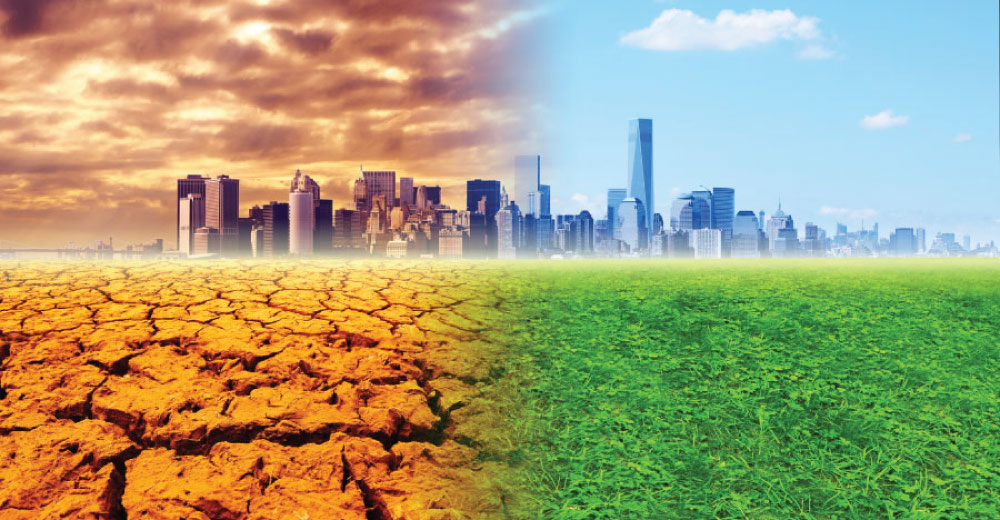Water, the essence of life, is facing an unprecedented global crisis. The world is grappling with water scarcity, pollution, and inadequate access to clean water, creating a perfect storm known as the "Global Water Crisis." This crisis poses a threat not only to the environment but also to human health, economic stability, and social well-being. In this blog, we will delve into the causes, consequences, and potential solutions to address this pressing issue.
Causes of the Global Water Crisis:
1. Population Growth:
The ever-growing global population puts immense pressure on water resources. Increased demand for water for agriculture, industry, and domestic use has led to over-extraction from rivers, lakes, and underground aquifers.
2. Climate Change:
Changing weather patterns, prolonged droughts, and extreme weather events are exacerbating water scarcity issues. Unpredictable rainfall and rising temperatures disrupt traditional water cycles, affecting both the quality and availability of water.
3. Pollution:
Industrial discharges, agricultural runoff, and inadequate waste management contribute to water pollution. Contaminants such as chemicals, heavy metals, and pathogens compromise the safety of water sources, posing serious health risks to communities.

Consequences of Water Scarcity:
1. Health Impacts:
Lack of access to clean water leads to waterborne diseases, affecting millions worldwide. Contaminated water is a breeding ground for diseases like cholera, dysentery, and typhoid, particularly in vulnerable communities with limited resources.
2. Agricultural Challenges:
Agriculture, a major water consumer, faces challenges in irrigation and crop production. Water scarcity hampers food security, leading to decreased yields and increased vulnerability for farmers.
3. Economic Ramifications:
Industries dependent on water, such as textiles, manufacturing, and energy production, face disruptions and increased costs. Water scarcity can lead to job losses and economic instability, particularly in regions heavily reliant on water-intensive industries.
Solutions and Mitigation Strategies:
1. Sustainable Water Management:
Implementing efficient water use practices in agriculture, industry, and households is crucial. Investing in modern irrigation technologies, promoting water-saving practices, and adopting sustainable agricultural methods can alleviate pressure on water resources.
2. Infrastructure Development:
Investment in water infrastructure, including water treatment plants, distribution systems, and wastewater management, is essential. Upgrading and expanding water infrastructure can improve access to clean water and reduce pollution.
3. Conservation and Education:
Promoting water conservation at the individual and community levels is vital. Public awareness campaigns and educational programs can instill a sense of responsibility towards water resources, encouraging mindful water use and pollution prevention.
4. Climate Change Mitigation:
Addressing the root causes of climate change is crucial for long-term water security. Reducing greenhouse gas emissions, transitioning to renewable energy sources, and implementing sustainable land-use practices can contribute to climate resilience.
Conclusion:
The Global Water Crisis demands urgent and coordinated action at local, national, and international levels. Governments, businesses, and individuals must unite to implement sustainable practices, invest in infrastructure, and raise awareness about the importance of water conservation. Only through collective efforts can we hope to secure a water-abundant future for generations to come.